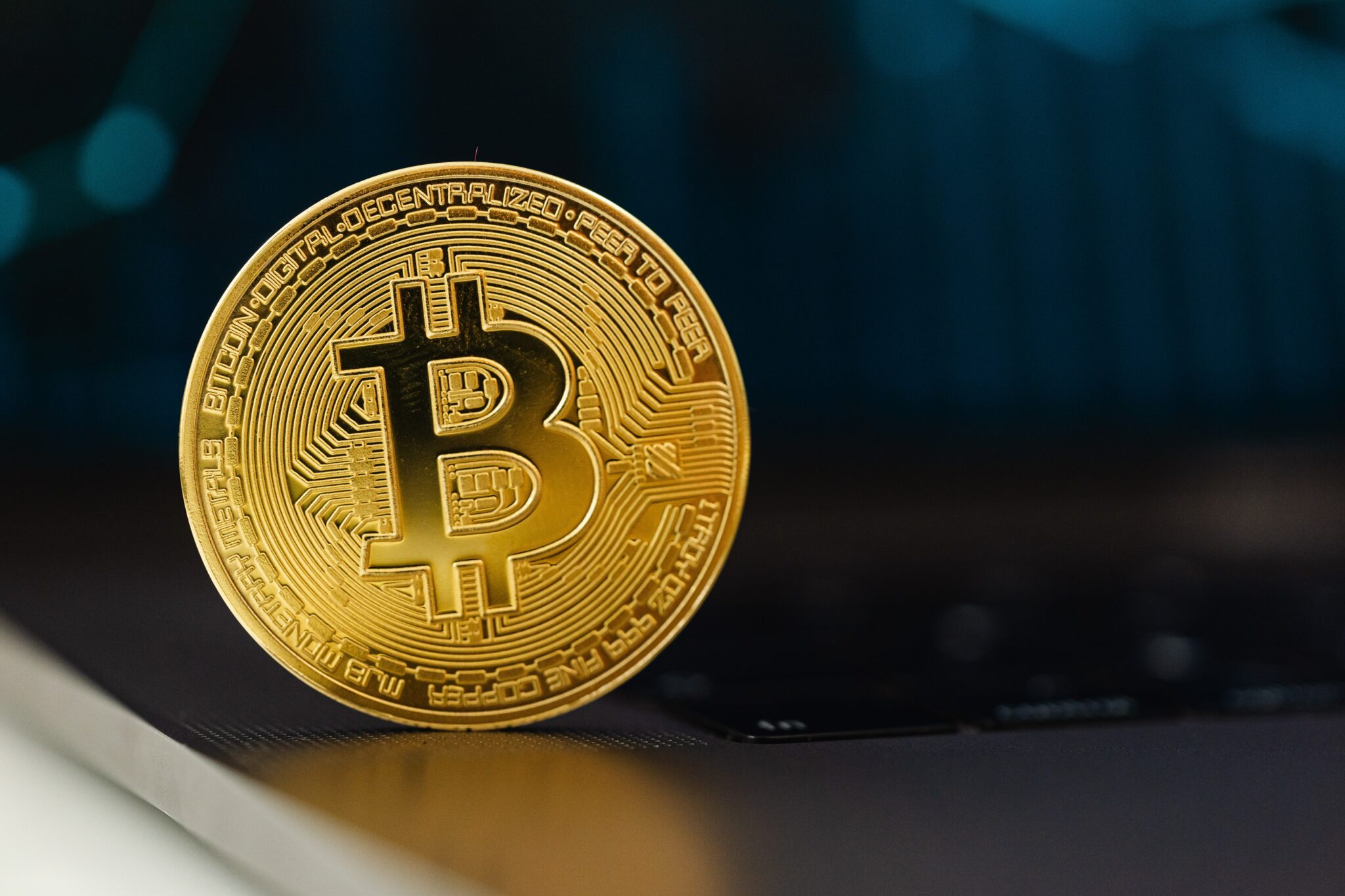on the crypto

The factors that triggered the Bitcoin rally
Among the main factors that triggered the Bitcoin rally are the turmoil that shook the financial world after the Archegos Capital Management scandal, the hedge fund that caused billionaire losses to several international banks. This has fueled mistrust of the traditional banking system and stimulated demand for digital assets such as Bitcoin, which are not subject to intermediaries or regulators.
Furthermore, Bitcoin has also benefited from the growing interest from institutions and companies that have adopted it as a means of payment or a store of value. These include Tesla, MicroStrategy, Square and PayPal. These players have contributed to giving Bitcoin credibility and notoriety and increasing its liquidity and capitalization. Finally, Bitcoin also took advantage of the favorable macroeconomic environment, characterized by expansionary monetary policies and fiscal stimuli from the main world economies. These measures have created a climate of inflation and devaluation of traditional currencies, making Bitcoin more attractive as a safe haven and store of value.
The future prospects of Bitcoin
Bitcoin hit a new all-time high of over $60 on March 13, but according to many analysts, it could still have ample room for growth. Some predict that Bitcoin could hit $100 by the end of the year or even $500 in the next few years. These predictions are based on Bitcoin's inherent scarcity, which has a supply limited to 21 million units, its growing adoption by institutional and private investors, and its ability to innovate and adapt to market needs due to its decentralized nature. .
However, Bitcoin is not immune to risks and challenges. Among these are price volatility, which can dissuade more cautious investors or those seeking stability, regulatory uncertainties, which can limit or hinder access to the cryptocurrency market in some countries, and cybersecurity threats, which can compromise the integrity of the network or digital wallets of Bitcoin holders. Furthermore, Bitcoin also faces competition from other emerging or established cryptocurrencies, such as Ethereum or Binance Coin, which offer features or benefits other than simply transferring value.
Conclusions
In conclusion, Bitcoin is experiencing a very positive phase thanks to the difficulties of the banking sector and the growing interest of Investors. However, to maintain this trend it will have to overcome the challenges it faces and prove that it is a viable alternative to the traditional monetary system. The future of Bitcoin will depend on its ability to innovate and adapt to the needs of the market and society.
